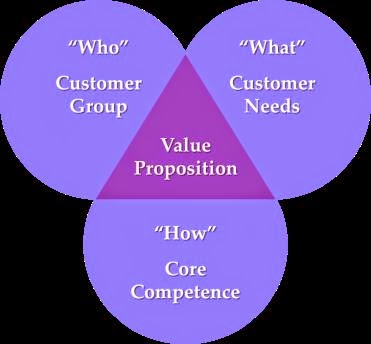How does Starbucks' relationship with CI compare to that of its relationship with the Fair Trade Movement organizations, Global Exchange/TransFair?
Starbucks,
which is the leading company in the coffee industry, posed significant
challenges for its self-interest and social responsibility. When it comes to
the consumer behavior in spending their money on Starbucks, many consumers were
not occasional than routine coffee drinkers. Consumers don`t just buy for the coffee
itself, but also the feelings of special occasion.
“Who” : Consumer group who can
purchase high premium coffees.
“What”
: who doesn`t just value the quality of the coffee but also value other things
like the atmosphere in the coffee shop.
But
in “How”, it gives Starbucks the most difficulty. They should fulfill not just
the quality standard, but also other things like environmental or ethical
issues.
 It is not easy to compromise
between social values and economics values. Actually, they stand in antipodes
according to the traditional strategy theory.
It is not easy to compromise
between social values and economics values. Actually, they stand in antipodes
according to the traditional strategy theory.
Profit consists of two parts.
One is sales and the other is costs. And sales are determined by the consumer
spendings which is affected by their values that they levy on. And Starbucks
has found the point, what their consumers value. Through collaboration with Conservation
International, they achieved both the quality standard and the environment holding
position. And the logic which made it possible to achieve it is relied on ‘Clear
standard’ which was made by Starbucks. As Mecklenburg noted “NGO doesn`t work
for any company. They just need to maintain their independence as an NGO.” And
the responsibility to harmonize diversified standard belongs to firms. So,
Starbucks made the strict quality control criteria along with the conservation
issues.

댓글
댓글 쓰기